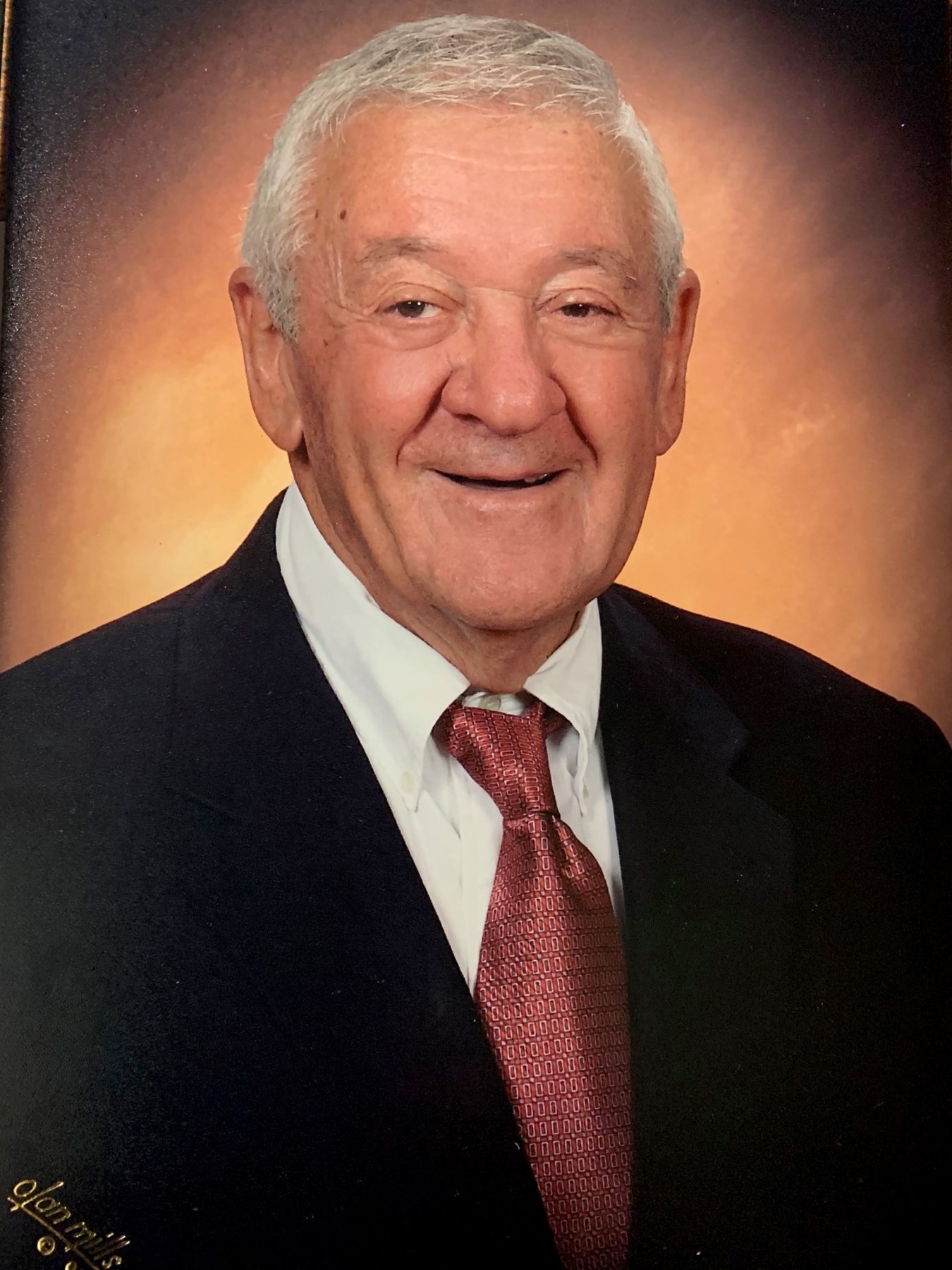Understanding Obituaries: A Comprehensive Guide To Honoring Lives
Obituaries serve as a meaningful way to celebrate and remember the lives of those who have passed away. These announcements not only inform the public about a person’s death but also encapsulate their legacy, achievements, and contributions to their community. From traditional newspaper obituaries to modern digital memorials, the way we honor the deceased has evolved significantly. Obituaries remain a vital part of the grieving process, offering solace to loved ones while preserving the memory of the departed for future generations.
Whether you’re looking to write an obituary for a loved one or simply wish to understand their significance, this article will guide you through everything you need to know. Obituaries are more than just announcements; they are heartfelt tributes that allow families to share stories, celebrate lives, and connect with others who knew the deceased. By exploring their purpose, structure, and modern adaptations, we can better appreciate their role in both personal and societal contexts.
As we delve deeper into this topic, we’ll uncover how obituaries have transformed over time, their cultural importance, and the steps involved in crafting one. Whether you’re seeking advice on writing an obituary or curious about how they fit into today’s digital age, this guide aims to provide clarity and inspiration. Let’s embark on this journey to understand the enduring value of obituaries and how they continue to shape the way we remember those who have left us.
Read also:Unveiling The World Of Hdhub4u Com A Comprehensive Guide
Table of Contents
- What Are Obituaries and Why Are They Important?
- How to Write a Meaningful Obituary?
- Biography of a Notable Figure
- Personal Details and Biographical Data
- What Are the Different Types of Obituaries?
- How Has the Digital Age Transformed Obituaries?
- What Are the Legal and Ethical Considerations in Publishing Obituaries?
- Frequently Asked Questions About Obituaries
What Are Obituaries and Why Are They Important?
Obituaries are formal announcements of a person’s death, typically published in newspapers, online platforms, or other media. They provide essential details such as the deceased’s name, age, date of passing, and often include information about their life, accomplishments, and surviving family members. Obituaries are not merely notifications; they are tributes that allow communities to acknowledge the loss and celebrate the individual’s life.
The importance of obituaries cannot be overstated. For families, they offer a way to honor their loved ones and share their stories with a wider audience. For communities, obituaries serve as historical records, preserving the legacy of individuals who have contributed to society. They also provide closure for friends and acquaintances, giving them an opportunity to pay their respects and attend memorial services.
Moreover, obituaries play a crucial role in documenting history. By capturing the lives of ordinary and extraordinary people alike, they create a tapestry of human experiences that future generations can learn from. Whether through traditional print or modern digital formats, obituaries remain a timeless way to remember and reflect on the lives of those who have passed.
How to Write a Meaningful Obituary?
Writing an obituary can be a deeply personal and emotional task. It requires a balance of factual accuracy and heartfelt storytelling to create a tribute that resonates with readers. Here are some steps to guide you through the process:
- Gather Essential Information: Start by collecting basic details such as the deceased’s full name, date of birth, date of passing, and location. Include information about their family, such as surviving relatives and predeceased loved ones.
- Highlight Key Life Events: Focus on significant milestones, achievements, and contributions. This could include education, career accomplishments, hobbies, and community involvement.
- Incorporate Personal Touches: Share anecdotes, quotes, or memories that capture the essence of the person. This adds a personal dimension to the obituary and helps readers connect with the individual.
- Include Service Details: Provide information about the funeral or memorial service, including the date, time, and location. If the service is private, mention this to avoid confusion.
- Proofread and Edit: Ensure the obituary is free of errors and flows smoothly. Consider having a family member or friend review it for clarity and accuracy.
Remember, an obituary is more than just a list of facts; it’s a tribute that honors the life and legacy of the deceased. By taking the time to craft a thoughtful and meaningful obituary, you can create a lasting memorial that celebrates their unique story.
How Can You Make an Obituary Stand Out?
To make an obituary memorable, consider incorporating elements that reflect the personality and passions of the deceased. For example, if they were an avid traveler, include a list of their favorite destinations. If they were known for their sense of humor, share a lighthearted anecdote. These personal touches not only make the obituary more engaging but also help readers connect with the individual on a deeper level.
Read also:Who Is Lia Thomas Wife Unveiling The Life Of A Remarkable Figure
Biography of a Notable Figure
When writing an obituary for a notable figure, it’s essential to provide a comprehensive overview of their life and achievements. Below is an example of how to structure the biography of a well-known individual:
| Full Name | Johnathan Edward Smith |
|---|---|
| Date of Birth | March 15, 1950 |
| Date of Passing | October 10, 2023 |
| Place of Birth | New York City, NY |
| Education | Bachelor’s in Political Science from Harvard University |
| Career Highlights | Renowned author, philanthropist, and advocate for education reform |
| Family | Survived by his wife, Emily, and two children, Sarah and Michael |
Personal Details and Biographical Data
Understanding the personal details and biographical data of an individual is crucial when crafting an obituary. These elements provide context and depth, allowing readers to appreciate the person’s journey and contributions. For instance, knowing that Johnathan Smith was born in New York City and attended Harvard University helps paint a picture of his early life and education.
Similarly, highlighting his career as an author and advocate for education reform underscores his impact on society. By including details about his family, we acknowledge the loved ones he leaves behind and the relationships that shaped his life. This combination of personal and professional information creates a well-rounded tribute that honors the individual in a meaningful way.
What Are the Different Types of Obituaries?
Obituaries come in various formats, each tailored to different needs and preferences. Understanding these types can help you choose the most appropriate option for honoring a loved one.
Traditional Newspaper Obituaries
These are the most common type of obituaries, typically published in local or national newspapers. They provide a concise overview of the deceased’s life and often include service details. While they are widely accessible, they may have space limitations and associated costs.
Online Obituaries
With the rise of digital platforms, online obituaries have become increasingly popular. Websites like Legacy.com allow families to create detailed tributes that include photos, videos, and extended narratives. These obituaries are easily shareable and can reach a global audience.
Are Online Obituaries Replacing Traditional Ones?
While online obituaries offer greater flexibility and reach, they have not entirely replaced traditional newspaper obituaries. Many families choose to publish in both formats to ensure maximum visibility and accessibility. Online obituaries, however, provide a more interactive and multimedia-rich experience, making them an appealing option for modern audiences.
How Has the Digital Age Transformed Obituaries?
The digital age has revolutionized the way we create and share obituaries. From social media tributes to virtual memorial services, technology has expanded the possibilities for honoring the deceased. Platforms like Facebook and Instagram allow friends and family to post memories, photos, and condolences, creating a collective space for remembrance.
Additionally, digital tools enable the creation of interactive memorials that include audio recordings, video clips, and personal messages. These features provide a richer and more immersive experience, allowing loved ones to celebrate the deceased’s life in a meaningful way. As technology continues to evolve, so too will the ways we honor and remember those who have passed.
What Are the Legal and Ethical Considerations in Publishing Obituaries?
Publishing an obituary involves several legal and ethical considerations. For instance, it’s important to verify the accuracy of the information included to avoid misinformation. Additionally, families must decide how much personal information to share, balancing transparency with privacy concerns.
Ethically, obituaries should respect the wishes of the deceased and their loved ones. This includes honoring any requests regarding the content or format of the announcement. By navigating these considerations thoughtfully, families can create obituaries that are both respectful and meaningful.
Frequently Asked Questions About Obituaries
How Long Should an Obituary Be?
An obituary’s length depends on the platform and the level of detail desired. Traditional newspaper obituaries are typically concise, ranging from 150 to 300 words. Online obituaries, however, can be longer and more detailed, often exceeding 500 words.
Can I Include Photos in an Obituary?
Yes, many platforms allow you to include photos in an obituary. This can add a personal touch and help readers connect with the deceased. Ensure that the photos are high-quality and reflect the individual’s personality.
Where Can I Find Examples of Well-Written Obituaries?
Examples of well-written obituaries can be found on websites like Legacy.com, which offers a wide range of tributes from different backgrounds and communities. These examples can serve as inspiration for crafting your own obituary.
In conclusion, obituaries are a timeless and meaningful way to honor the lives of those who have passed. By understanding their purpose, exploring their various forms, and learning how to write them effectively, we can create tributes that celebrate the unique stories of individuals. Whether through traditional print or modern digital formats, obituaries continue to play a vital role in preserving memories and connecting communities.
15 Creative Split Level Front Porch Ideas To Elevate Your Home's Curb Appeal
Exploring Elk City Oklahoma Obituaries: A Comprehensive Guide
Exploring Otsego MI Obituaries: A Tribute To Lives Remembered

David Anthony Casey Obituary Mobile, AL

Nunzio Tony (N.T.) Randazzo Obituary Marlin, TX